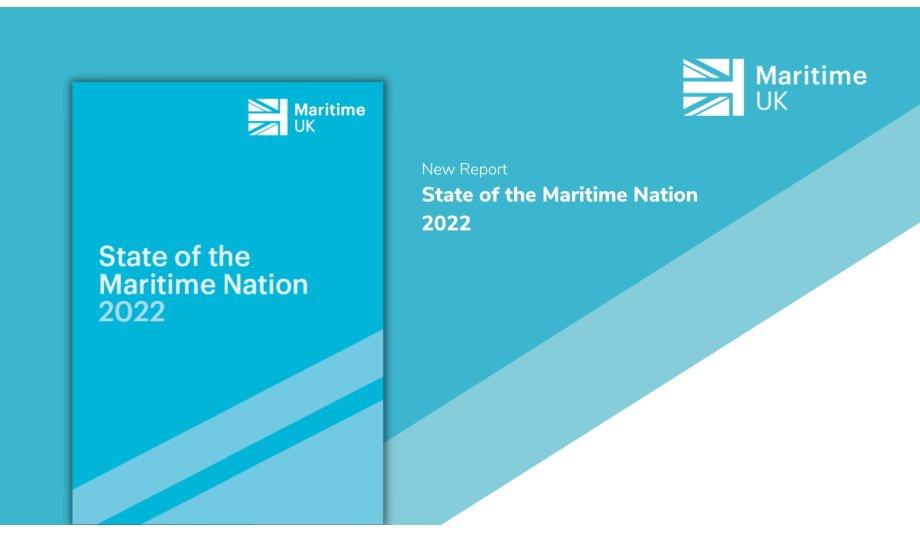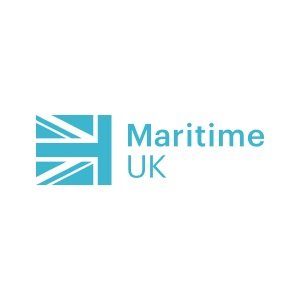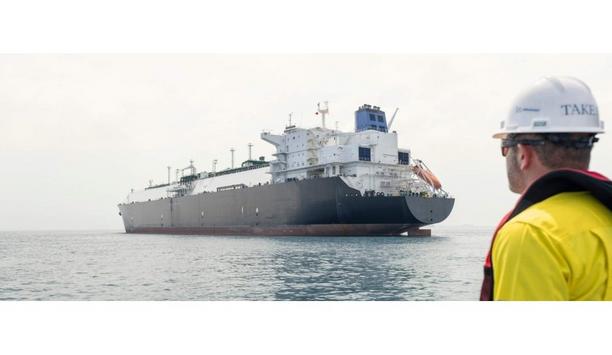The Centre for Economics and Business Research (CEBR) has published a new report, commissioned by Maritime UK, highlighting the major impact the industry makes on Britain’s economy.
In 2019, maritime contributed £116 billion in total turnover to the UK economy, 35% higher than 2010. For every £1 of turnover generated directly by the sector, a further £1.09 was generated indirectly across the supply chain, underscoring the far-reaching impact of an industry that carries 95% of Britain’s global trade.
Maritime sector’s contribution to the economy
The maritime sector’s direct turnover stood at £55 billion in 2019, which outstrips the economic contribution of rail and aviation combined, and puts the industry ahead of road transport. And in 2019, UK maritime supported £48.9 billion in GVA, an increase of 39% on 2010.
According to the Centre for Economics and Business Research, the sector’s ambitious investment pipeline and a quick recovery in global transport patterns, will lead to growth exceeding pre-pandemic levels, by the end of 2022. In the period of 2021-2025, the CEBR predicts the UK maritime sector will grow by 16%.
Maritime is driving the net-zero agenda
Maritime is driving the net-zero agenda and providing skilled jobs in all corners of the country"
Sarah Kenny OBE, Maritime UK Chair, said “As an island nation, maritime surrounds all of us, and its impact is felt in every community across the UK. We saw that during the COVID-19 pandemic, through the provision of vital supplies, and we are seeing it now, as we bounce back. Maritime is driving the net-zero agenda and providing skilled jobs in all corners of the country.”
The Centre for Economics and Business Research’s report also outlines UK maritime’s employment impact, supporting 1,064,000 jobs in 2019. This represents an 18% increase on 2010, outpacing the rise in UK employment of 13% over the same period.
Highly productive jobs in the maritime sector
These are highly productive jobs, adding 45% more value than the UK average, and well paid, with average remuneration 30% higher than the UK benchmark.
Most of these jobs are found in coastal areas, where employment opportunities are having an impact on communities. According to a poll by Survation, carried out in September 2021, commissioned by Maritime UK, of 1,000 young people (18-24 years age group) in coastal areas, 49% plan on moving away.
Increasing job opportunities to help coastal communities
Jobs were cited as the overwhelming reason with 70% saying they would be more likely to stay, if the right career opportunities were made available. Maritime UK believes growing the sector can help turn the tide for coastal communities.
Anne-Marie Trevelyan MP, the UK Secretary of State for International Trade, said “Shipbuilding is a vital part of the UK’s industrial identity, and the maritime sector does a fantastic job in helping to grow our economy and supporting high-quality jobs across the country.”
Maritime is vital to the UK’s economy
Maritime is vital to the UK's economy and to levelling up the country as a whole"
Robert Courts MP, UK Maritime Minister, said “Maritime is vital to the UK's economy and to levelling up the country as a whole. Its role was made even clearer during the pandemic and this report serves to underline that contribution. I am incredibly proud of our industry and through our joint vision for the future, Clean Maritime Plan and Maritime 2050, we will work together to continue building a sector which benefits all."
UK Maritime is also found to be a valuable contributor to the Exchequer, having directly generated £5.2 billion in tax revenues for the United Kingdom in 2019, 36% higher than the £3.8 billion in tax revenues generated in 2010.
CEBR’s economic analysis
The CEBR’s economic analysis looks at all the major industries within the maritime sector. This includes shipping, ports, marine leisure, which comprises leisure boating and water sports, marine engineering and science, and maritime business services, such as legal, finance and ship broking.
Among these, shipping generated the highest turnover in 2019, at more than £49 billion. Marine engineering and science, increasingly specialising in green technology, had the second highest impact at more than £34 billion, followed by maritime business services (£13.7 billion), ports (£10 billion) and leisure marine (£8 billion).
Maritime UK Week
Maritime UK has also announced the return of Maritime UK Week, a week-long national programme of events and activities that are aimed to engage the public with the world of maritime.
Running from October 10-16, 2022, Maritime UK runs in the off-year from London International Shipping Week, with a greater domestic and educational focus. Major themes will be how the sector can play its part in levelling up all parts of the country, build its competitiveness and get to net zero.











